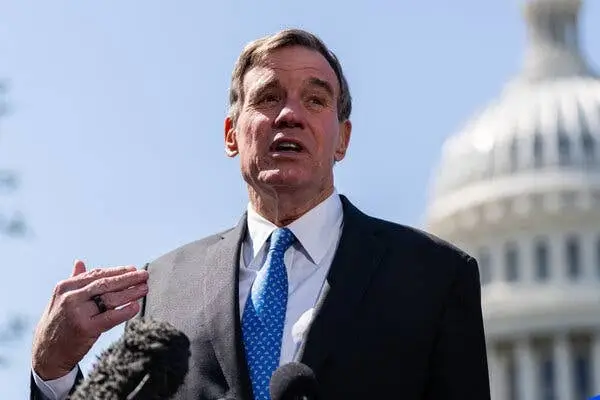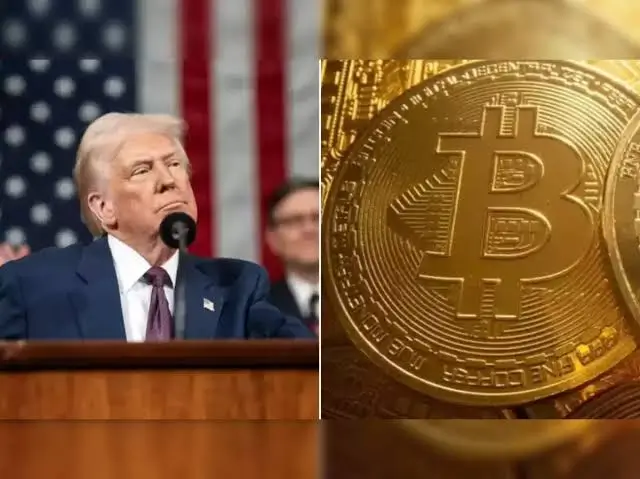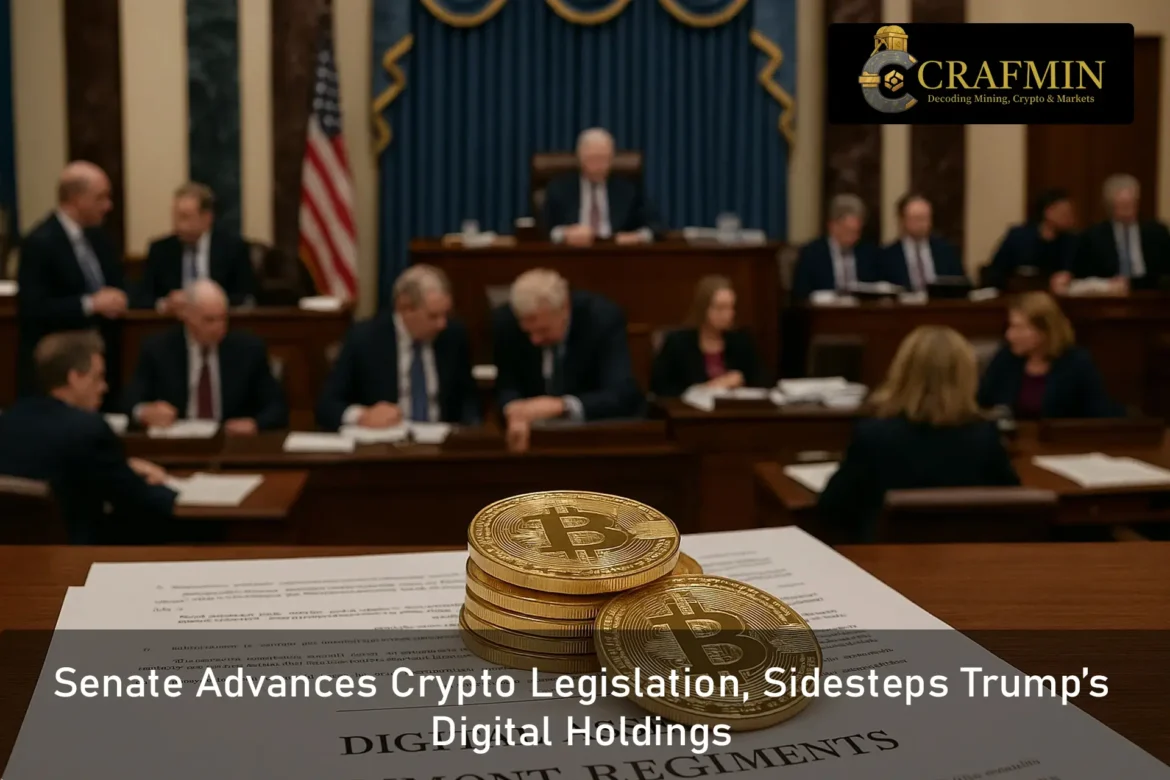The United States Senate is on the verge of passing a landmark bill to regulate cryptocurrencies, but controversy brews as the legislation avoids addressing former President Donald Trump’s involvement in digital assets.
While there’s bipartisan backing for the bill—seen as a major step toward bringing order to the crypto sector—critics say it fails to address an essential matter: Trump’s growing financial interest in the industry. With no clear provision demanding transparency from political figures holding crypto assets, questions of ethics and accountability continue to mount.

Lawmakers Push Crypto Regulation Forward, Overlook Trump’s Digital Investments ( Image Source: The New York Times
Regulating Crypto: Urgency and Action
Digital currencies have exploded in popularity and value, pulling in not just everyday investors but also institutional players and high-profile politicians. This surge has prompted lawmakers to act swiftly.
The proposed bill seeks to define digital assets more clearly, implement anti-money laundering safeguards, establish a cooperative framework between regulatory bodies like the Securities and Exchange Commission (SEC) and the Commodity Futures Trading Commission (CFTC), and put in place consumer protection measures. It also includes rules for stablecoins—digital tokens tied to fiat currencies.
Yet, despite its scope, the bill avoids discussing financial transparency for public officials—something many argue is crucial for fair oversight.
Trump’s Quiet Foray into Crypto
Although Trump once criticised cryptocurrencies, he now holds significant crypto investments. Reports suggest he owns assets linked to the Trump-branded “MAGA Coin” and has earned handsomely from NFT collections featuring his image.
Despite this, the current bill includes no clause requiring presidential candidates or elected officials to disclose their digital asset portfolios. For critics, this raises serious ethical concerns, especially given Trump’s influential political position and potential to benefit financially from the legislation’s outcomes.
Advocacy groups have voiced alarm, stressing that financial disclosure is essential if lawmakers and candidates are personally tied to the very assets being regulated.

Trump Ventures into Cryptocurrency Behind the Scenes ( Image Source: The Economic Times )
Balancing Speed and Transparency
Proponents of the bill argue that time is of the essence. They say the lack of clear regulation in the crypto sector has led to market confusion, scams, and investor losses—and that now is not the time for political distractions.
Senator Cynthia Lummis, one of the bill’s lead sponsors, insists that the broader benefits of passing the legislation outweigh concerns about individual asset declarations.
However, critics disagree, arguing that excluding transparency undermines the credibility of the regulation.
“You can’t claim to clean up the market and ignore conflicts of interest,” said one watchdog representative. “It’s a basic principle of governance.”
What the Bill Aims to Fix
At its core, the legislation introduces structure to a chaotic and rapidly growing sector. Crypto exchanges, decentralised finance platforms, NFT marketplaces, and stablecoin developers will face clearer compliance requirements. In turn, investors will gain a greater sense of safety, while fraudsters may find it harder to operate unchecked.
The bill is also viewed as a signal to the global financial community that the U.S. is ready to lead in crypto governance.
Divided Reactions from the Crypto Space
Unsurprisingly, the crypto industry’s response is split.
Many welcome the clarity and legitimacy the bill provides. However, others remain wary of government interference and potential favouritism towards traditional finance. The bill’s refusal to confront Trump’s crypto interests is the most divisive point of all.
Experts say overlooking the former president’s involvement sets a dangerous standard.
“Regulations must apply equally—regardless of whether you’re a developer, investor, or former president,” commented one legal advisor in blockchain policy.
For everyday investors, the matter boils down to fairness. If powerful individuals influence policy while quietly benefiting from it, public trust in regulation could erode.
Also Read: Solon Resident Scammed of Over $1 Million in Crypto Romance Fraud: Police Issue Urgent Alert
International Stakes and Ripple Effects
The crypto debate in the U.S. isn’t happening in a vacuum. Around the world, regions like Europe and Asia are rolling out new frameworks, with Europe’s MiCA (Markets in Crypto-Assets) regulation already shaping how international crypto firms operate.
America’s choices could set the tone globally—or risk falling behind.
If lawmakers ignore financial disclosure for public officials, critics argue, the message sent is clear: that accountability is not required for the elite. This contradicts the very values that underpin decentralised finance—transparency, fairness, and inclusivity.
What Comes Next?
The Senate vote is expected soon. If approved, the bill will head to the House of Representatives, where lawmakers may revisit the topic of public official disclosures. Some may push for amendments requiring declarations of crypto holdings by politicians and regulators.
Trump’s campaign team has dismissed criticism, labelling it a political attack and reaffirming his support for “fair and strong” crypto rules. Still, he remains tight-lipped about the exact scope of his holdings.
For now, the public is left wondering: Can regulation be meaningful if key players aren’t fully transparent?
Final Thoughts
The Senate’s crypto bill is a turning point in U.S. financial history. But what it fails to address could be just as important as what it includes.
This legislation is not only about digital currencies and financial systems—it’s about public trust. If those creating the rules are allowed to benefit from them in the shadows, the system risks losing credibility.
As the bill edges closer to law, the world is watching—not just to see what passes, but what remains untouched.
Would you like a short visual summary or a bullet-point list of what the bill includes and excludes?
Let me know if you’d like this article repurposed for social media, email newsletters, or translated into infographic format.

